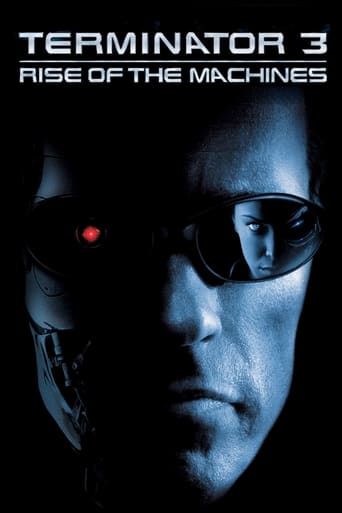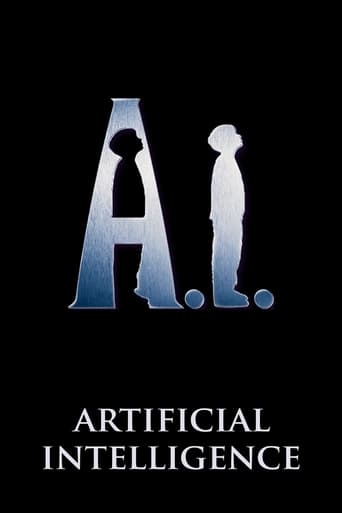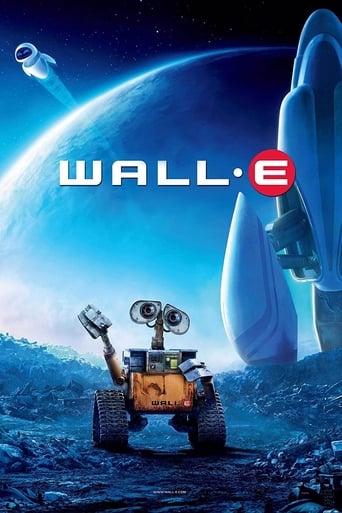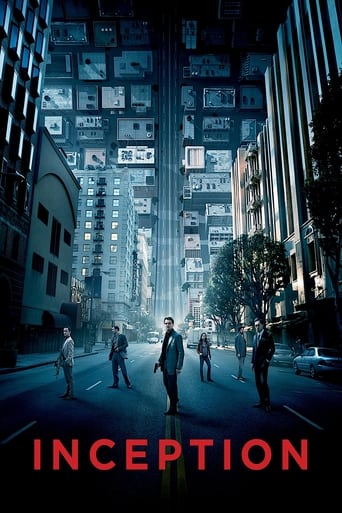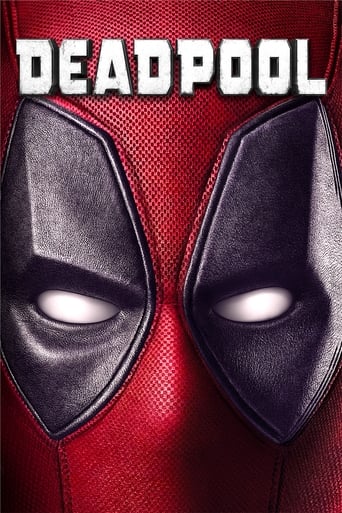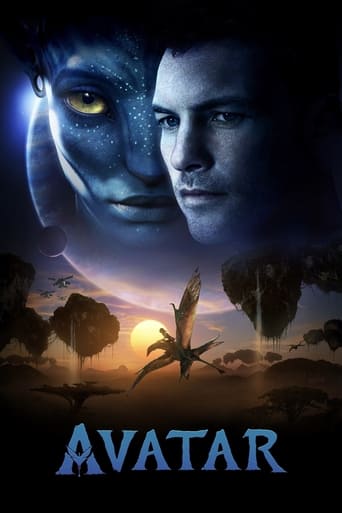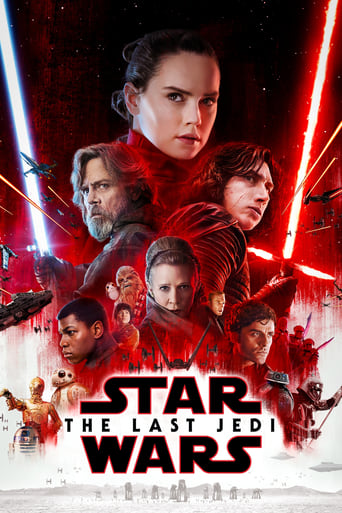


How William Shatner Changed The World
William Shatner presents a light-hearted look at how the "Star Trek" TV series have influenced and inspired today's technologies, including: cell phones, medical imaging, computers and software, SETI, MP3 players and iPods, virtual reality, and spaceship propulsion.
-
- Cast:
- William Shatner , George Takei , Jonathan Frakes , Walter Koenig , Bruce Damer , Mae Jemison , D.C. Fontana


Similar titles

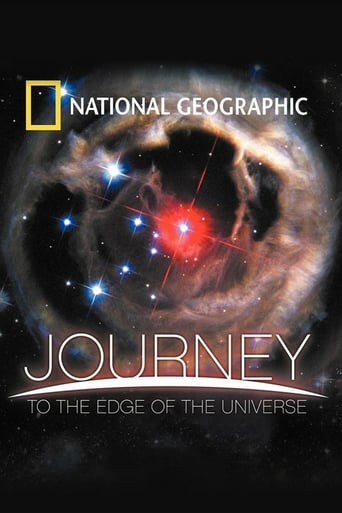
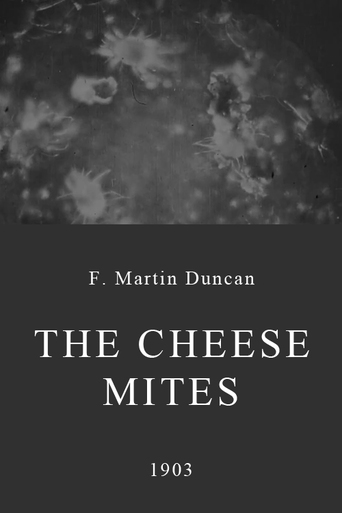

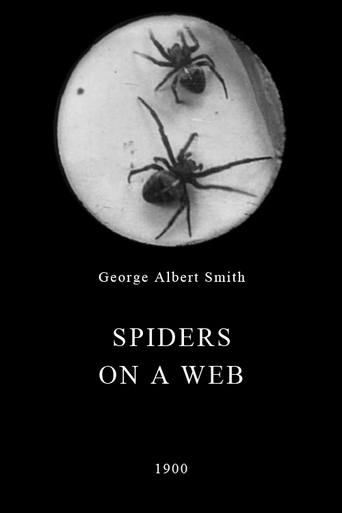

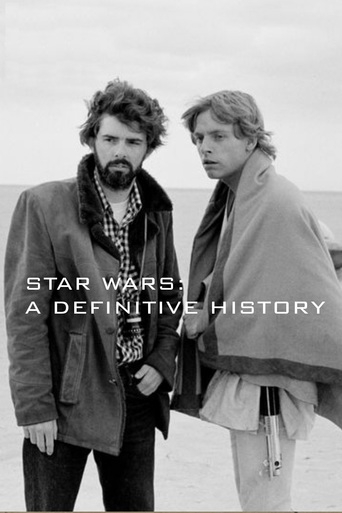
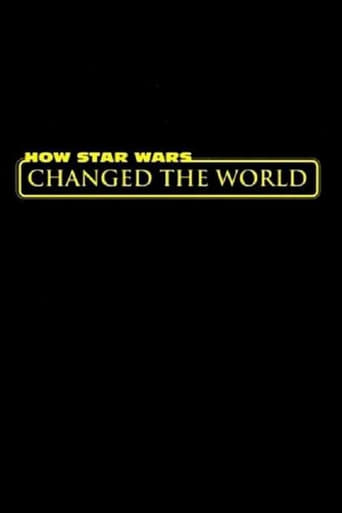
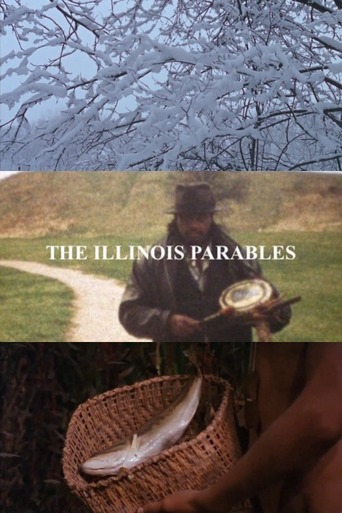
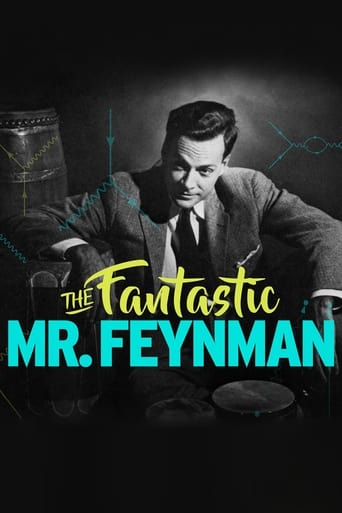
Reviews
Touches You
People are voting emotionally.
This is one of the best movies I’ve seen in a very long time. You have to go and see this on the big screen.
The thing I enjoyed most about the film is the fact that it doesn't shy away from being a super-sized-cliche;
William Shatner presents a light-hearted documentary about Star Trek and its influence on today's technological world and social justice. He does it with a nudge and a wink. The advances include interstellar space travel, cell phones, racial sexual equality, smaller computers, medical devices, virtual reality and so on and so on. He also ropes in Jonathan Frakes for the next generation gang as well as Walter Koenig and Kate Mulgrew.It's a lot of Shatner having fun. It takes a fond look back at some of the old concepts. It looks at the new TV shows. It's at a time when all the shows have been canceled but Shatner still looks back fondly on the original's optimism. This is very much for the fans. It's nice to see Shatner camping it up as always.
Overall, I enjoyed this presentation. A lot of this is not new stuff, (Communicators are cell phones; We get it already!), but its presented in an entertaining enough way.What I have a problem with is the last half hour or so. As Shatner gets into the later Trek series (DS9, Voyager, Enterprise), the show becomes less about Trek-science influencing the real world, and more about Shatner bashing the later Trek shows, and offering his opinion on why they failed.According to Shatner, it all comes down to getting away from Roddenberry's shiny, optimistic view of the future.First of all, DS9 and Voyager lasted 7 seasons. While they may not have had the ratings of TNG, they certainly had an audience, or they wouldn't have remained in production. 7 seasons is not a failure by any stretch.Secondly, any problems those shows might have had were not necessarily due to the lack of Roddenberry's vision. Enterprise, in particular, suffered a lot simply because fans were annoyed that continuity was ignored at times.My main complaint though, is that the whole thing is tacky and classless. There's no reason to spend time bashing the work of the later Trek generations. If they ran out of material for the "science" end of things, then produce a shorter special. There's no need to pad it out, and certainly not by attacking the later series for daring to experiment with the formula established by TOS.
This documentary makes a very nice overview of the evolution of the Star Trek era and how the show changed the world. Of course, it doesn't take itself seriously and Shatner is even able to laugh at his own short sightedness.You will probably fall into two categories: those who think Star Trek is overrated and those who think Star Trek is underrated. I think I fall somewhere in the middle. Star Trek is based on a world that was evolving even before the show ever took the air. But I think it was a catalyst for the speed at which the technical evolution was occurring.Worth viewing if you remotely like Star Trek and a nice showcase of the evolution of technology as pushed by "Star Trek geeks".
I like William Shatner. I like Star Trek. But this was a bit too much.First, the show does make some valid points about "Star Trek"s influence on the world of science over the years, but only enough for about the first hour. After that, it launches into a tailspin that discusses what the other Trek franchises tried to do and how they failed.Even during most of the first hour, it doesn't do much but bring out some scientific pioneers and make them look absolutely silly. By the time it starts trotting out familiar Trek faces, the grins will fade. You feel sorry for people who have millions of dollars as their 'beamed' places or start quoting episodes. I mean, I do it too, but if I had money, I wouldn't do it on national television.Most of the narration is self referential, and Shatner degrades the show and himself throughout. It's amusing, but, gets kind of tiring after a while. His exuberance and sheer bounciness is the best part of the piece, don't get me wrong, but there's a point that his narration and the hyper kinetic editing just become boring.This show really isn't for non-Trekkies. And I don't think it's even really for Trekkers if they have their wits about them. It's really just a platform for William Shatner to be crazy, and, for people who love him, that's what they'll get here.

